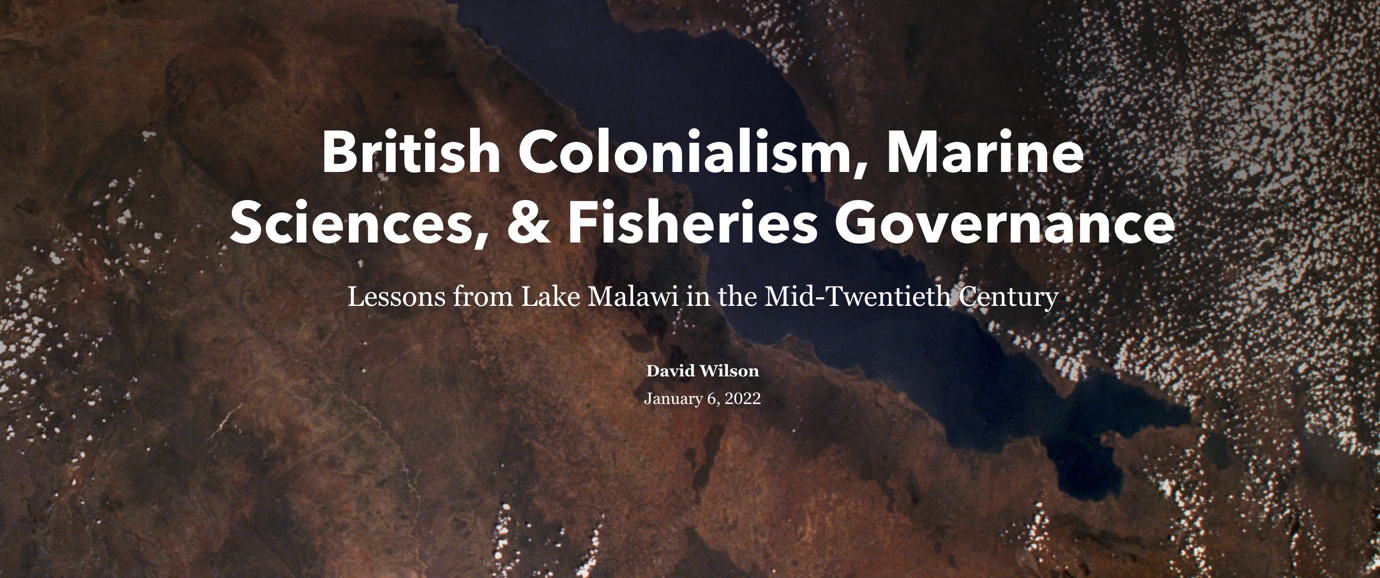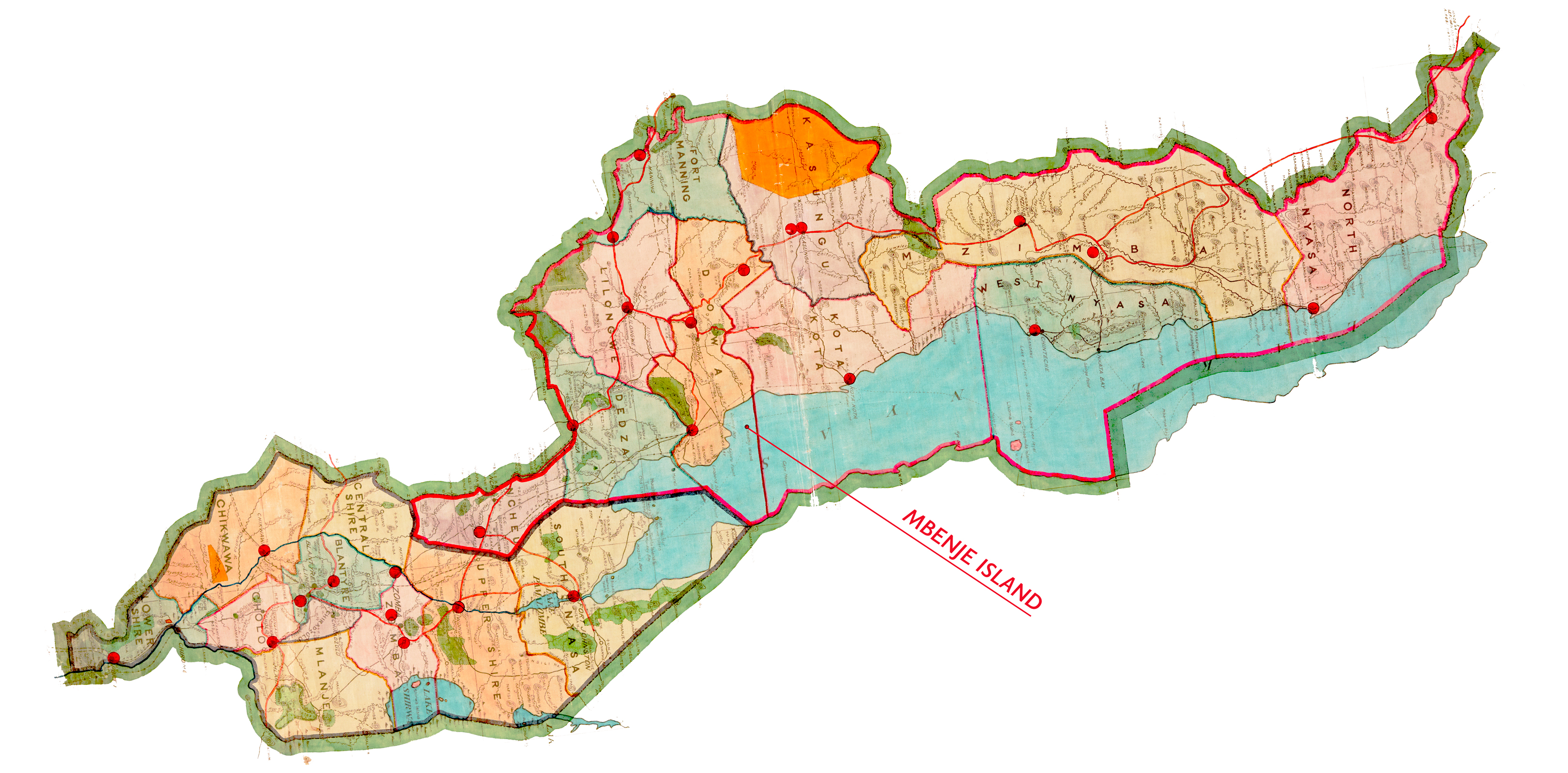European colonisation played a fundamental role in entrenching unequal and state-dominated marine governance regimes across diverse bodies of water.
The development of environmental marine sciences was intrinsically tied to this process, facilitating the extension of imperial governance into marine spaces.
Yet, colonial powers were also forced to recognise the rights of traditional authorities over waterside spaces and fishing grounds. This led to pluralistic fisheries governance, where both colonial governments and traditional authorities exercised rights to control marine spaces.
These regimes were underpinned by distinctive ways of knowing and led to different impacts on marine environments. Ongoing recognition of the widespread impact of colonialism and colonial sciences on environments, however, has been predominantly associated with land to the neglect of marine space despite the continuing impact of colonial-originated regimes on marine governance.
Addressing this history, this project explores the development of two distinctive fisheries management regimes in Lake Malawi in the mid-twentieth century; one imposed by the British colonial government and the other by Chief Makanjira, who implemented a new chief-regulated fishery in Mbenje Island.
This provides a unique opportunity to explore the principles and ideologies underpinning these regimes, considering how fisheries management centred on different ways of knowing—dominant ‘scientific’ knowledge or local environmental knowledge—led to drastically different legacies over the short- and long-term.
In particular, we investigated the ways in which colonial fisheries management embedded specific values based on dominant ‘scientific’ principles that neglected and subjugated local knowledge and socio-economic realities in comparison to a chief-regulated fishery grounded in community norms and practices.
Our project set out to do so through a programme of archival research, oral histories, and environmental sampling.
Read more about our project aims and objectives here:

